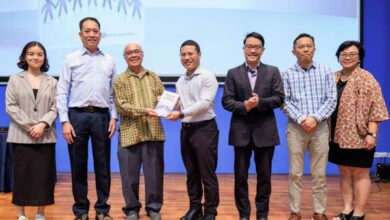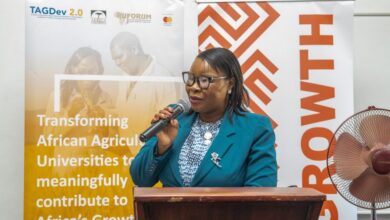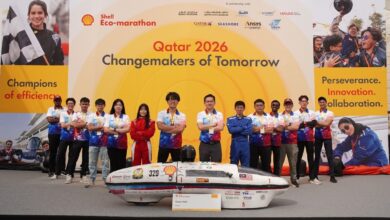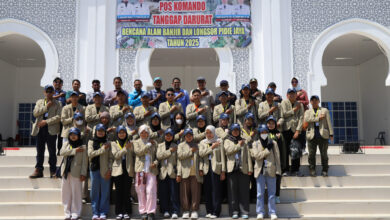Clean Energy at SETA 2024 and SustainAsia Week 2024
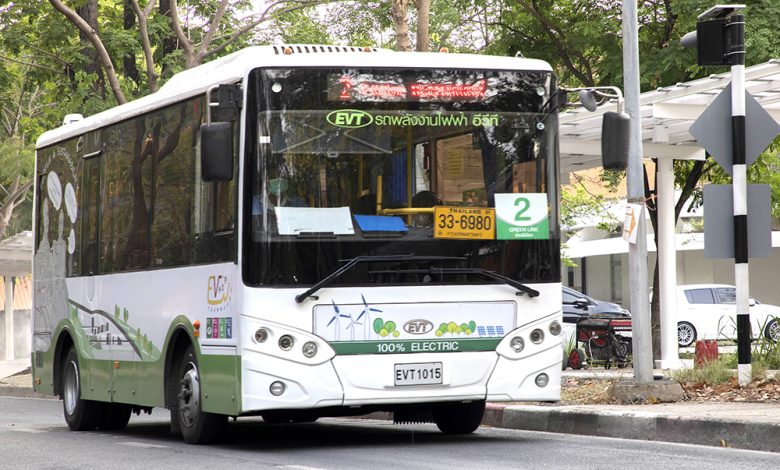
Rising global instability has worsened climate-related events. Hot weather affects not only human life but also natural resources, animal habitats, and social and economic systems. Therefore, the Sustainable Energy and Technology Asia Week 2024 and SustainAsia Week 2024, held at Hall EH100, BITEC, Bang Na, Bangkok, are organized under the theme “Low Carbon & Sustainable ASEAN Economy”. It aims to raise awareness about the impact of global climate change that we are currently facing, as well as share advancements in innovation and clean energy technologies that will help save the world.
The Knowledge Hub stage discussed the topic “Leave Carbon Behind, Not People,” primarily focusing on the issue of leaving carbon behind. From the speaker and individuals with roles in sustainable development, Assistant Professor Dr. Prinya Thaewanarumitkul, a law faculty lecturer at Thammasat University, stated that natural disasters are currently occurring worldwide. The intense heat and incessant rain are causing reservoirs to overflow and dams to break, as they were designed for a cooler, less rainy era. With over 3,000 vulnerable dams in Thailand, we urge citizens to be aware of the increasing risks posed by global warming and natural disasters.
Assistant Professor Dr. Prinya also mentioned the transition to using EV cars, citing an example at Thammasat University driving the Thammasat Smart City initiative. By integrating technology systems, Thammasat University, in collaboration with the private sector, is introducing electric vehicles (EVs) and car-sharing apps to reduce private car use, energy consumption, and pollution on campus. This initiative supports global efforts to lower carbon emissions, with a focus on transitioning to EVs through rentals or purchases.
Ms. Wilawan Panyoung, Chief Executive Officer of MMU Company Limited, stated that nature is now starting to send warning signals to the world. For example, Dubai, a country that is currently facing more frequent rainfall problems, leading to flooding incidents or seagrasses dying due to rising temperatures. Marine grass is important for maintaining ecosystems or coral reefs that are habitats for marine lives. Currently, there is coral bleaching due to rising sea temperatures. When marine lives lose their homes, they not only become homeless but also risk extinction.
“The world is like a person who wants to lose weight by having a healthy diet. But we have been eating junk food, leading many countries to have different policies in taking care of health. We must focus on achieving Carbon Neutrality, where emissions are reduced to match consumption, and Net Zero, which involves reducing emissions while offsetting the remaining amount through actions like planting trees.” – Ms. Wilawan said
The challenge lies in the fact that those with financial resources can more easily adapt, such as switching to EVs or adopting a work-from-home model, which isn’t feasible for everyone due to the associated costs. For example, the agricultural sector cannot function remotely, making this an issue that requires thoughtful consideration.

